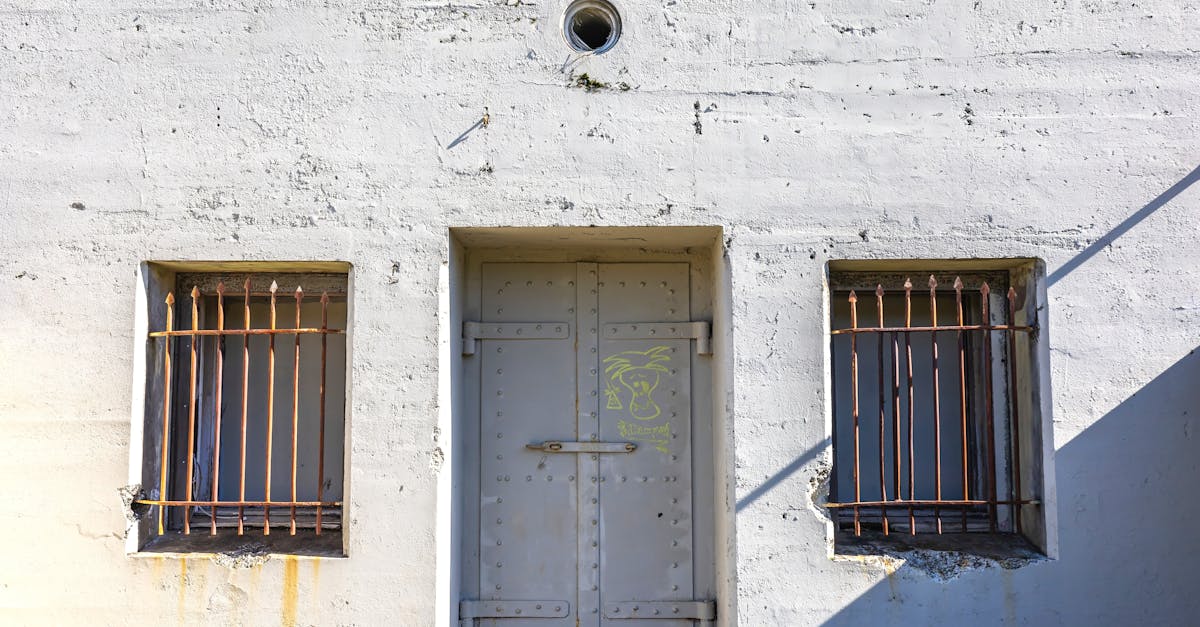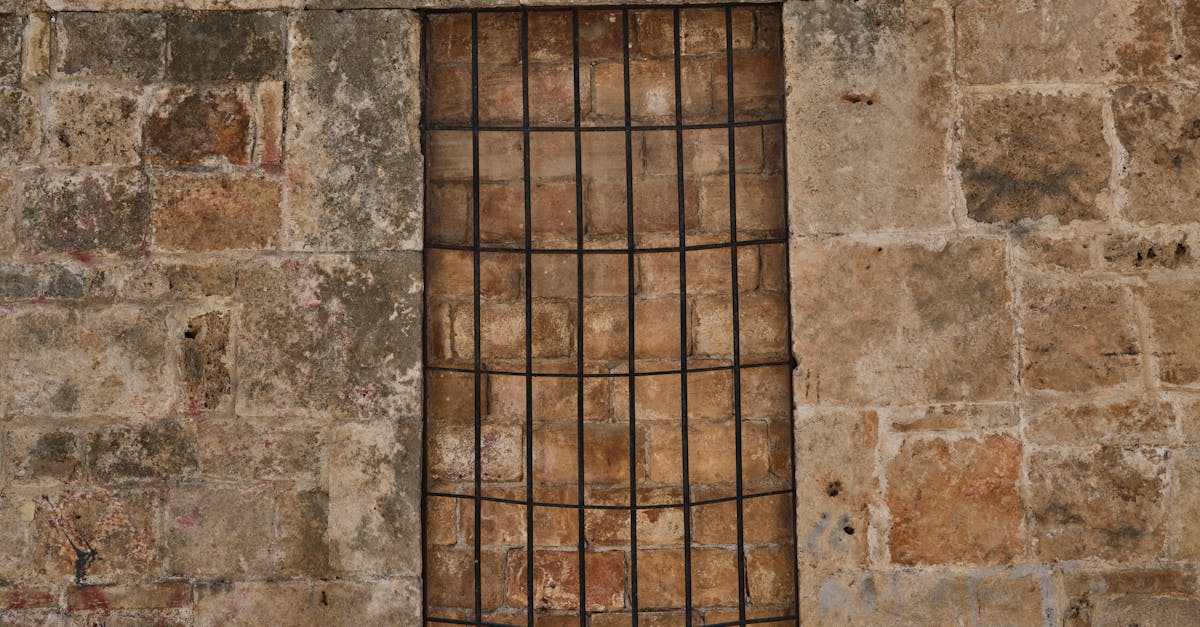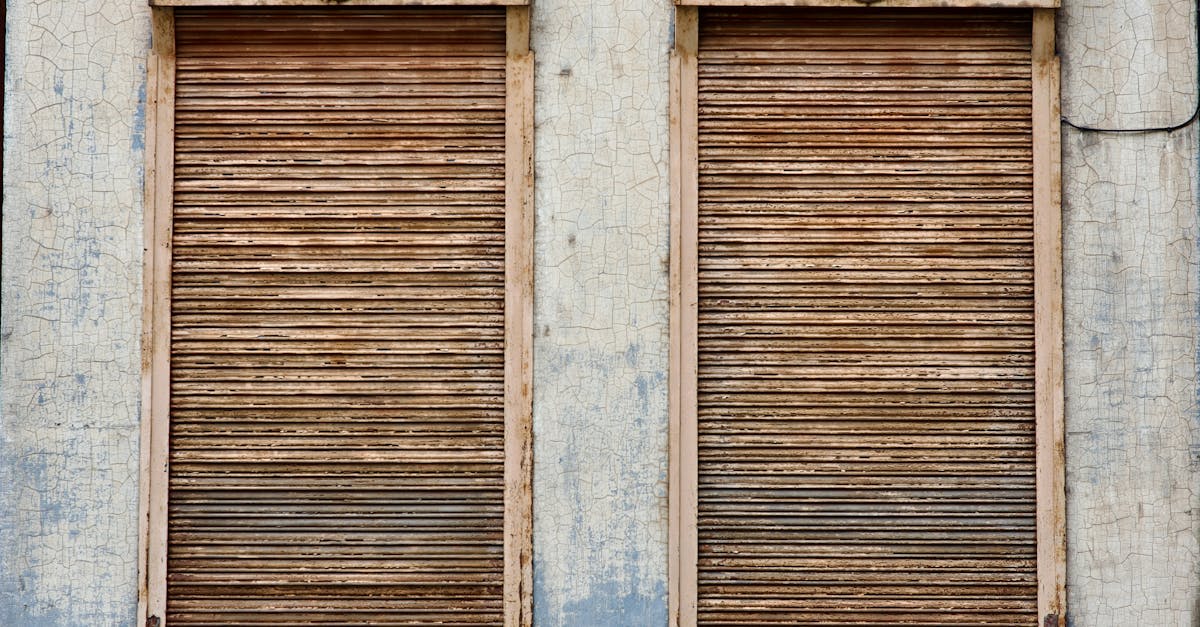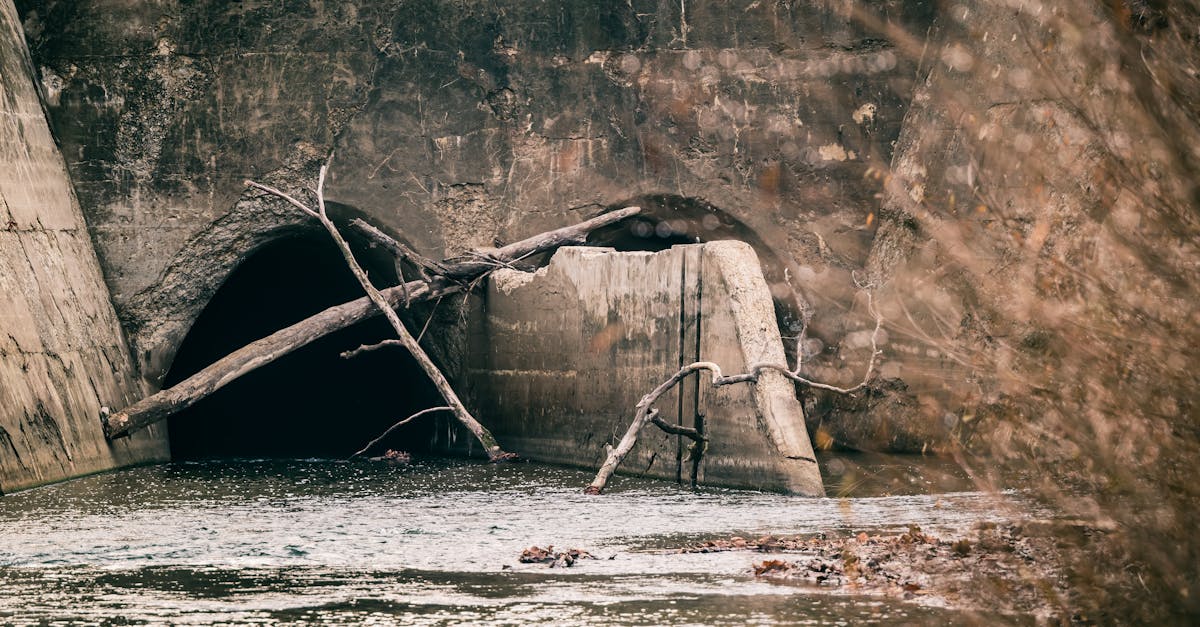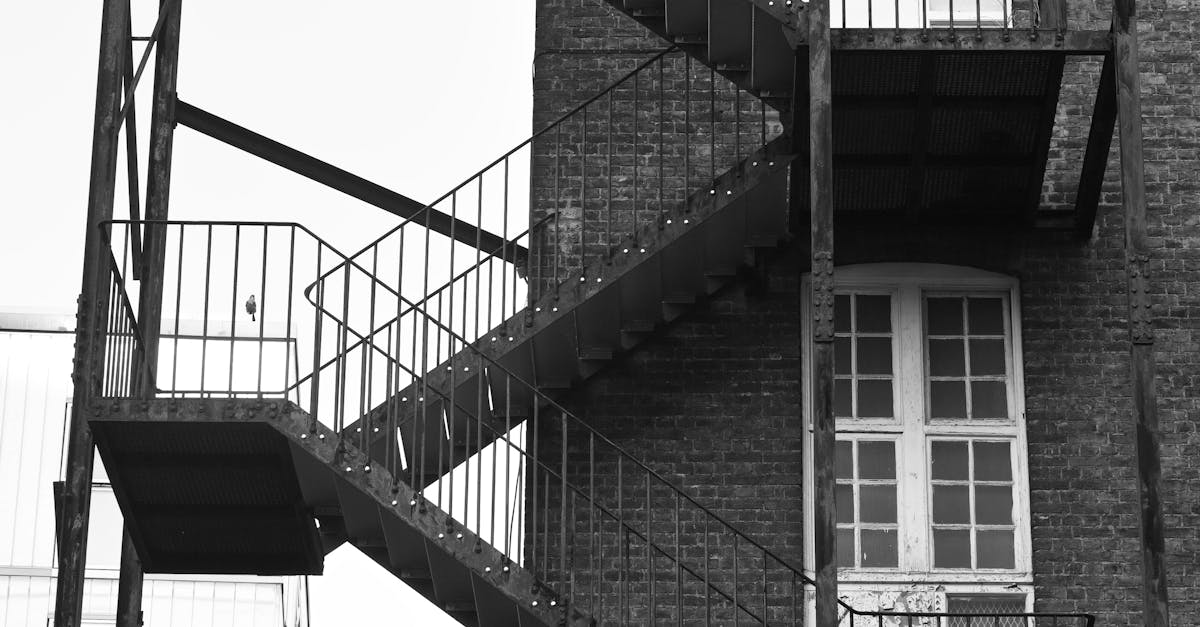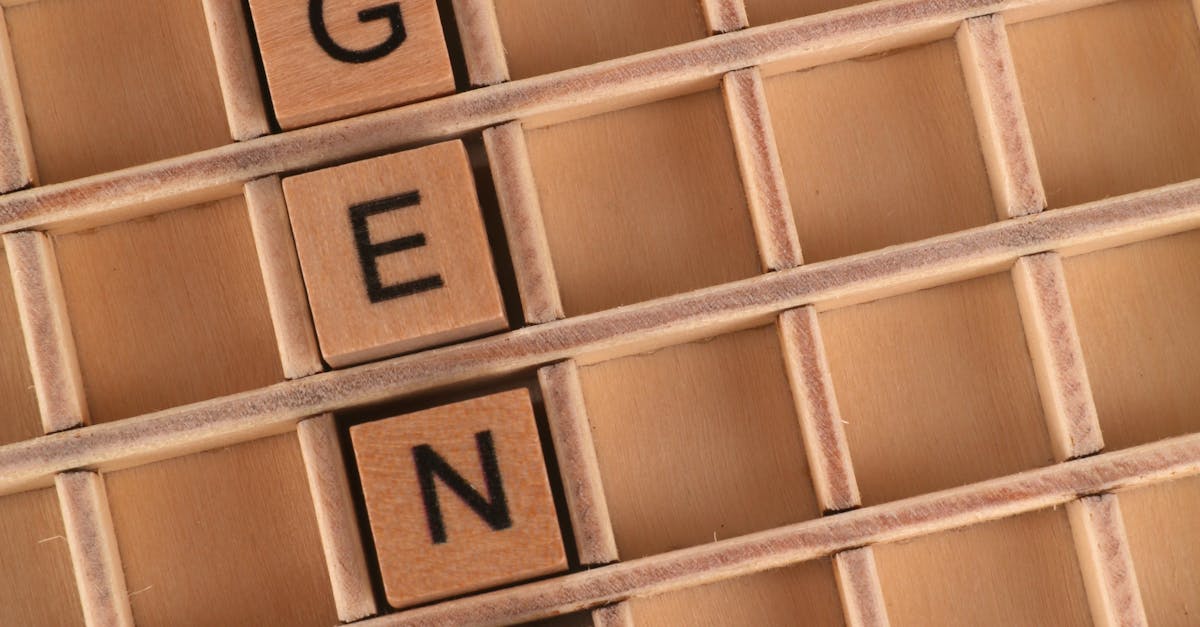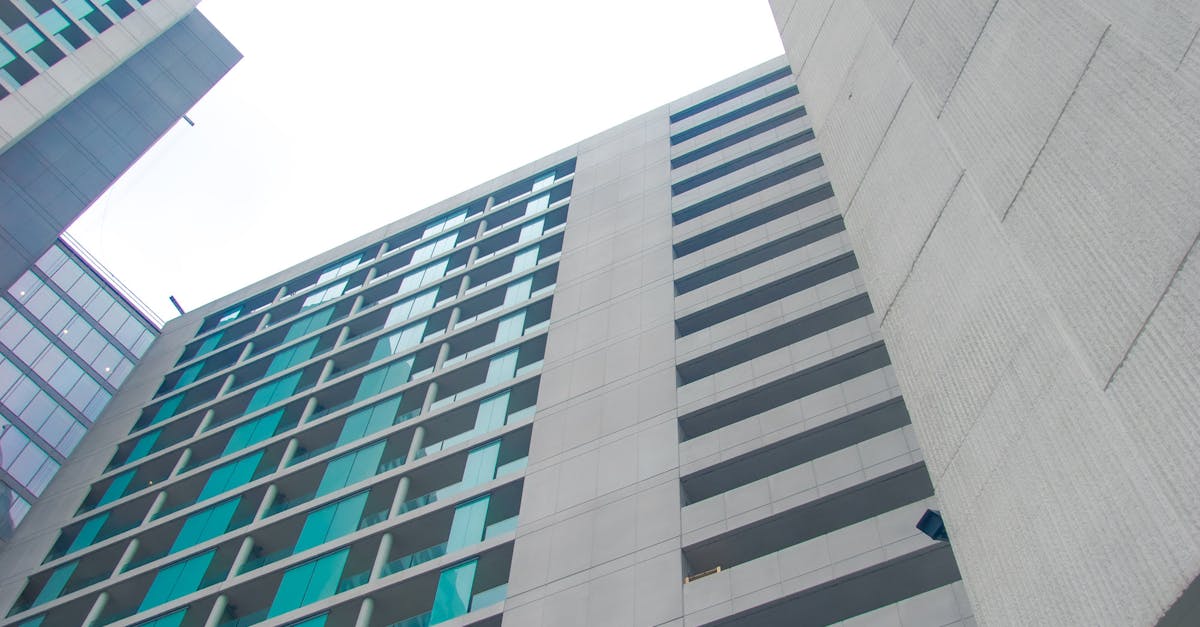
Table Of Contents
Common Issues During Sink Installation
Sink installation can present a range of common issues that often complicate the process. Misalignment is a frequent problem, where the sink does not fit correctly into the countertop cutout or the plumbing connections do not match up. Leaks can also occur, stemming from improper sealing or faulty connections. Ensuring that all fittings are tightened correctly and that seals are applied properly can mitigate such issues.
Another area where complications may arise involves faucet installation and repair. If the faucet is not compatible with the sink design, it can lead to significant headaches. Furthermore, insufficient space beneath the sink for the plumbing components can make installation challenging. Addressing these concerns early on can help streamline the process and reduce the likelihood of encountering major problems later.
Troubleshooting Installation Problems
When facing issues during sink installation, it’s essential to identify the root cause quickly. Common problems include water leaks, improper alignment, and drainage issues. If you notice water pooling under the sink, check the connections for tightness. A loose fitting can lead to significant water damage over time. For improper alignment, ensuring the sink is level can prevent future drainage problems. Adjusting the mounting clips or readjusting the sink itself often resolves these concerns.
Faucet installation and repair can present challenges as well. If the faucet is leaking after installation, this may indicate a worn washer or an improperly sealed connection. Tightening the faucet nuts may also help, but be cautious not to over-tighten, as this could cause further damage. For a malfunctioning tap, examining the cartridge or valve could provide insight into the issue. Having the right tools and a clear understanding of the assembly can streamline the troubleshooting process significantly.
Sink Installation Costs
The cost of sink installation can vary significantly depending on several factors, including the type of sink, the complexity of the installation, and the region in which you live. Basic installations for standard sinks typically range from a few hundred to over a thousand dollars. Custom or designer sinks often require more precise measurements and can lead to higher expenses due to both materials and labour. Additionally, unexpected issues such as plumbing adjustments may lead to further costs.
Faucet installation and repair can also influence the overall cost of installing a new sink. If a new faucet is included in the project, the associated labour and materials must be factored in. Homeowners should also consider potential costs for removing an existing sink, which can add to the final price. Ultimately, obtaining quotes from local plumbers will provide a clearer picture of the expected expenses for both sink and faucet installation.
Factors Influencing Pricing
Several elements can influence the pricing of sink installation. The type of sink chosen plays a significant role, with various materials such as stainless steel, porcelain, or granite having differing costs. The complexity of the installation also matters; for instance, replacing a standard kitchen sink typically incurs lower expenses compared to custom installations or adding features like integrated faucets. Labour costs may vary significantly depending on the plumber's experience and the regional market rates.
Faucet installation and repair can further impact overall costs. Choosing a high-end faucet may raise the price, while opting for a standard model might keep expenses in check. Additionally, if the plumbing system requires modifications to accommodate new fixtures, this can lead to increased labour charges. Unexpected issues such as outdated plumbing or structural challenges can also arise during installation, adding to the final bill.
DIY vs. Professional Sink Installation
Many homeowners consider DIY sink installation as an appealing option, especially for those who are budget-conscious and enjoy taking on home improvement projects. With the right tools and a basic understanding of plumbing, it's possible to successfully install a sink without professional help. Resources such as online tutorials and instructional videos provide guidance. However, this approach often requires significant time and effort, particularly if any complications arise. Familiarity with plumbing skills is beneficial, especially for tasks like faucet installation and repair.
On the other hand, hiring a professional plumber for sink installation ensures that the job is done correctly and efficiently. Experienced plumbers come equipped with the right tools and knowledge to handle unexpected issues, which can save homeowners from potential headaches and costly mistakes. They also guarantee that all work complies with local plumbing codes and standards. While this option may be more expensive upfront, the assurance of having a well-installed sink can provide long-term peace of mind, especially when it comes to trouble-free faucet installation and repair.
Pros and Cons of Each Approach
Choosing between DIY and professional sink installation involves various factors that can influence the overall experience and outcome. Opting for a DIY approach often appeals to those who enjoy hands-on projects and wish to save on labour costs. With a wealth of online resources, many find they can manage the installation effectively, including faucet installation and repair. However, a lack of experience can lead to oversights that result in leaks or inefficient setups, potentially causing further expenses down the line.
On the other hand, hiring a professional offers significant advantages, particularly for those who may not be comfortable with plumbing work. A skilled plumber brings expertise and guarantees that the job adheres to local regulations and standards. They can troubleshoot problems during installation, ensuring that each component, including faucet installation and repair, is correctly and safely fitted. Though this approach is often more costly, the peace of mind that comes with expert workmanship can outweigh the initial investment.
FAQS
Do plumbers handle sink installations?
Yes, plumbers are trained to install sinks and can ensure that the plumbing connections are properly configured and leak-free.
What are some common issues that can arise during sink installation?
Common issues include incorrect measurements, improper plumbing connections, and insufficient support for the sink, which can lead to leaks or instability.
How much does it typically cost to have a sink installed by a plumber?
The cost of sink installation can vary widely depending on the type of sink, the complexity of the installation, and local labour rates, but it generally ranges from $150 to $500.
Are there factors that can influence the price of sink installation?
Yes, factors such as the type of sink being installed, the complexity of the plumbing work required, and any additional materials needed can all influence the final cost.
What are the pros and cons of DIY sink installation compared to hiring a plumber?
DIY installation can save money and provide a sense of accomplishment, but it carries the risk of mistakes and potential plumbing issues. Hiring a plumber ensures professional quality and saves time, but it may be more costly.



